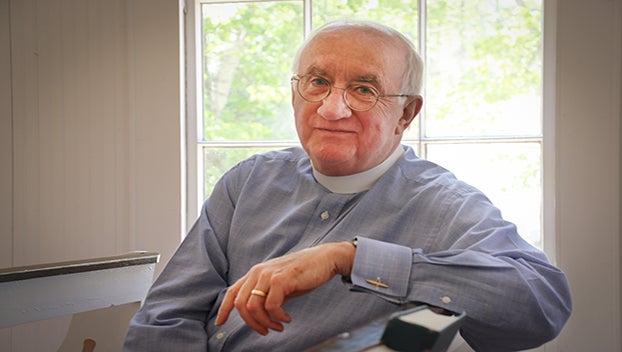Turner Library provided a summer escape
Published 4:32 pm Monday, July 19, 2021
|
Getting your Trinity Audio player ready...
|
Growing up in Washington, the lazy hazy days of summer began to lose its novelty for me by the third week of July. Our family’s annual trip to Philadelphia for a few weeks was behind me and my summer list of fun things to do had become routine and not as much fun. I began looking forward to the first day of school in late August.
Until I was old enough to get a summer job, most of those hot summer days were spent trying to keep cool in my house where there was no air conditioning. Electric fans in many windows in the house helped, but not much. However, the summer heat was a blessing in disguise for me. It caused me to seek refuge at the I. B. Turner Library that was first located at 418 Gladden Street in the Bruce Payton Building.
The library was not air conditioned but that did not matter to me because there I was surrounded by things I really loved, books!
The Librarian, Miss Minnie Morris, always had stacks of discarded National Geographic, Highlights for Children and Wee Wisdom for Children magazines for me. She would let me check out 10 books at a time but I had to adhere to her cardinal rule to take care of every one of them.
Miss Minnie and the I. B. Turner Library truly fostered my love of books.
It was through books I could travel the world. I could learn what children in other countries ate, wore to the schools they went to and the games they played. I poured over those National Geographic magazines to see the Amazon Forest rubber trees and the snow on top of Mount Kilimanjaro. Today I have hundreds of books in my home library because of Miss Minnie and the I. B. Turner Library’s influence on me.
Isaiah Beecher Turner, born in 1879, was a Pastor at the Metropolitan A. M. E. Zion Church here in Washington. He wanted educational and cultural resources for the Black community because libraries were segregated at that time. So, he began a small two room library at the church in April 1940. He named it the Public Library for the Colored.
The library became part of a project for the WPA (Works Progress Administration.) The City of Washington, The Washington Public Library and his friends in Worcester Massachusetts supplied books and some funding for the new library and it became a precious and tremendous resource for the Black Community.
After Rev. Turner’s death in March 1950, the library was named after him to honor him.
Around 1964, the library moved to i’s new home at Ninth and Pierce Streets. The P. S. Jones High School Carpentry Class students helped with the construction of the new building.
Although the library no longer exists, it remains an icon of community culture and pride.
Leesa Jones is a Washington native and the co-founder and executive director of the Washington Waterfront Underground Railroad Museum.





